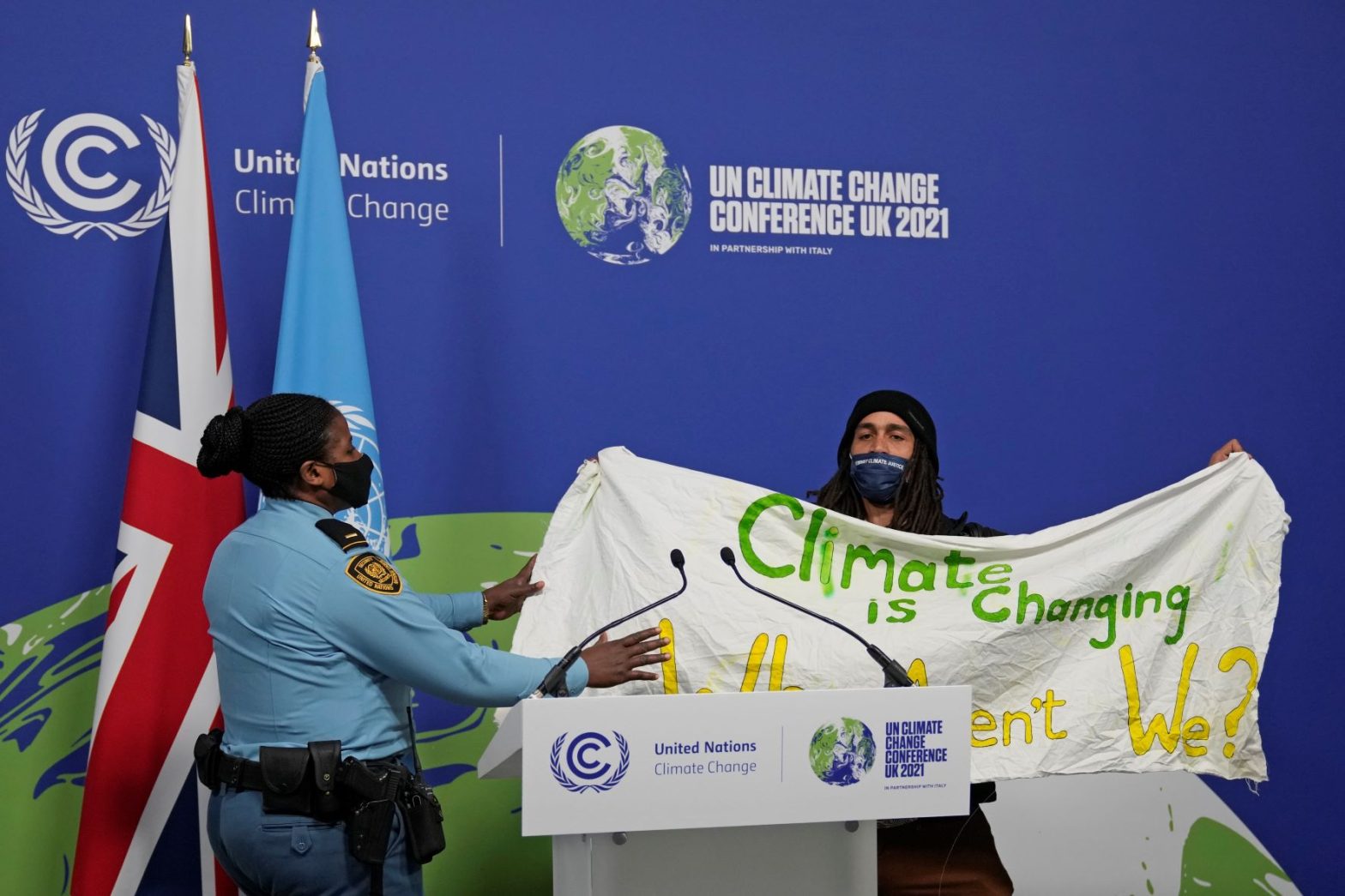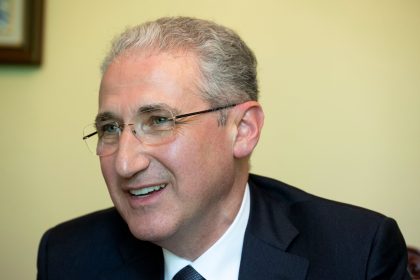German Ambassador On COP26: ‘Ample Reason To Be Satisfied.’

WASHINGTON — Representatives from more than 100 countries recently gathered in Glasgow, Scotland, for the COP26 climate conference in an effort to pledge commitments and action against climate change, especially actions to prevent temperatures from rising above 2 degrees Celsius, which would unleash severe climate change effects on people and the planet.
Germany, Europe’s largest economy, believes itself to be a global leader in climate change efforts and the continent’s driving force toward net-zero, a state of neutrality between carbon dioxide emission and removal. But all eyes were on Germany at COP26 since negotiations for a new German government are still taking place, the nation is soon to assume presidency of the G7, and certain climate change provisions would be especially harmful to its automotive economy.
Expectations were very high to deliver meaningful outcomes at COP26. Many historic announcements came out of the conference, but reactions to Germany’s commitments were mixed. Some climate experts remain frustrated that the conference acknowledged the severity of the crisis without making strong enough plans to actually avert it.
“I believe not everything we wanted has been achieved, but I also believe we have ample reason to be satisfied,” Emily Haber, German Ambassador to the United States told The Wilson Center at a discussion to take stock of Germany’s role at COP26. “This COP showed that the world is determined to pursue the common goal of a climate neutral economy and that it is also determined to deliver on the commitments.”
Haber was pleased that while past conferences focused on setting targets, this latest one focused on how to achieve them, adding “nothing will make a difference unless COP commitments are turned into action.”
If implemented, commitments coming out of the conference would put the world at 1.8 degrees Celsius, which is not the 1.5 degrees participants hoped for (and set as a goal after the Paris Agreement), but could be a turning point if all commitments are fully achieved.
Germany made several specific pledges, including to cut methane emissions, to end fossil fuel funding and to finance global forests. However, Germany did not sign on to the initiative to phase out the internal combustion engine, which would accelerate the move toward zero-emission cars, a key area of friction in German politics given the interests of the nation’s automotive industry.
“For the first time in the history of the U.N. climate change conferences, the final declaration contains an agreement on accelerating the global energy transition away from coal, and linked to this is the elimination of subsidies for fossil fuels. I think that’s a big win,” Haber said.
Critics have also complained that COP26 didn’t satisfactorily protect poorer countries from the consequences of climate change, including compensation for damages and losses in the most vulnerable countries.
Haber stressed that solidarity with countries that are already hit hard by climate change and will be affected by adaptations is top of mind for Germany.
“Germany currently provides 2 billion euros for adaptation finances … [which] makes it one of the leading donors,” she said. “Support for [these countries] in terms of adaptation is to be doubled by 2025.”
She was also proud that “Germany was among the front-runners of the global agreement, both as a leading negotiator for the EU and a part of a new cooperation which would support South Africa in its phase-out of coal.”
Further climate energy partnerships between the U.S. and Germany have already led to meetings focused on strategically important issues for both nations, like developing offshore wind and hydrogen.
Said Haber, “We share the goals of leading the world to develop the innovative tools urgently needed to accelerate global climate action and to achieve net-zero greenhouse gas emissions in our economies by 2050 at the latest.”
Kate can be reached at [email protected]

























